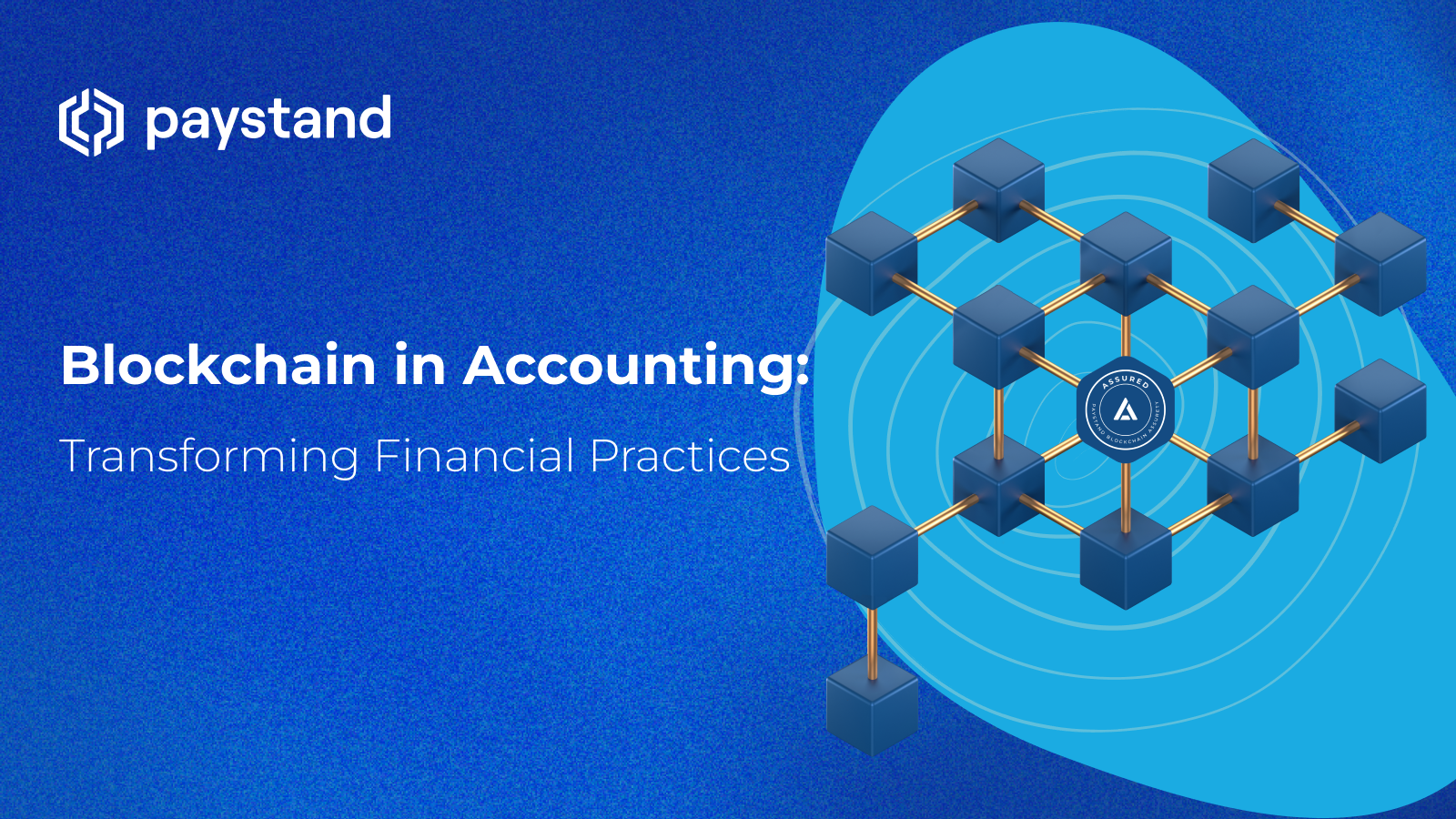7 Trends Daily
Stay updated with the latest insights and trends across various sectors.
Blockchain: The Digital Revolution That’s Here to Stay
Discover how blockchain is reshaping industries and driving innovation. Join the digital revolution that's changing our world for good!
Understanding Blockchain: How It Works and Why It Matters
Understanding blockchain begins with recognizing it as a decentralized digital ledger technology that securely records transactions across multiple computers. This ensures that the data is immutable and transparent, meaning once information is entered into the blockchain, it cannot be altered or erased. The significance of blockchain lies in its ability to eliminate the need for intermediaries, such as banks or payment processors, thus facilitating peer-to-peer transactions that are faster and more cost-effective. Moreover, its decentralized nature enhances security, making it harder for malicious actors to compromise the system.
So, why does blockchain matter? Its impact stretches across various sectors, from finance and supply chain management to healthcare and beyond. For instance, in finance, blockchain technology can streamline cross-border payments and reduce fraud. Additionally, it fosters a new era of transparency in supply chains, allowing consumers to verify the origin of products and ensuring ethical practices. As industries continue to adopt this innovative technology, it is poised to reshape how we conduct transactions and manage data in the digital age.

The Future of Finance: How Blockchain is Transforming Traditional Banking
The financial landscape is on the verge of a seismic shift, driven by the emergence of blockchain technology. As traditional banking systems face growing challenges such as inefficiency, high transactional costs, and lack of transparency, blockchain offers a revolutionary alternative. By introducing a decentralized ledger, blockchain allows for real-time processing of transactions, significantly reducing the need for intermediaries. This shift not only enhances the speed and security of financial transactions but also fosters an environment of trust among users, paving the way for innovations like smart contracts and decentralized finance (DeFi), which could reshape how individuals and businesses manage their assets.
Furthermore, as we look towards the future, the integration of blockchain in banking environments could lead to greater financial inclusion. Traditional banking systems often leave out segments of the population due to stringent requirements for opening accounts or securing loans. Blockchain has the potential to democratize access to financial services by enabling peer-to-peer transactions and offering identity verification solutions that do not rely on a centralized authority. As more banks begin to recognize the transformative potential of blockchain, the synergy between finance and technology will create a more equitable and efficient banking ecosystem for everyone.
Is Blockchain the Key to Digital Security? Exploring Its Potential and Challenges
Blockchain technology has emerged as a revolutionary approach to enhancing digital security, owing to its decentralized nature and cryptographic principles. By allowing data to be stored across a network of computers rather than a single central server, blockchain reduces the risk of unauthorized access and data breaches. Each transaction is recorded in a block, which is linked to the previous one, forming a secure chain that is nearly impossible to alter without consensus from the majority of the network. This not only promotes transparency but also instills trust in digital transactions, making blockchain a strong contender in the fight against cybercrime.
However, despite its promising potential, blockchain is not without its challenges. Issues such as scalability, regulatory hurdles, and the need for significant energy consumption can hinder widespread adoption. Moreover, while blockchain enhances security, it does not make systems infallible; vulnerabilities in users' wallets and apps can still be exploited. Therefore, while blockchain presents a significant advancement in digital security, it is crucial to recognize that it is part of a broader security strategy that must evolve continually to address emerging threats and challenges in the digital landscape.